Gus, a gorgeous Golden Retriever, was about as refined as a dog could be. He wasn’t just well-behaved; he was practically an accountant. His whole life was ruled by the clock: 7:00 AM, his special, expensive food in his designated ceramic bowl; 8:00 AM sharp, a careful walk on a leash that never extended more than a foot, keeping him safely on pristine, clear sidewalks. His owner, Clara, loved his perfect manners and spent ages every morning brushing his coat until it had a flawless, almost unnatural sheen. When Gus would wait patiently at a crosswalk, he was a picture of golden elegance, but if you looked closely, his eyes had this stoic, kind of bored look. He was a beautiful dog, no doubt, but his big, playful spirit felt locked down by routine.
This perfectly organized city world was about to be turned completely upside down.
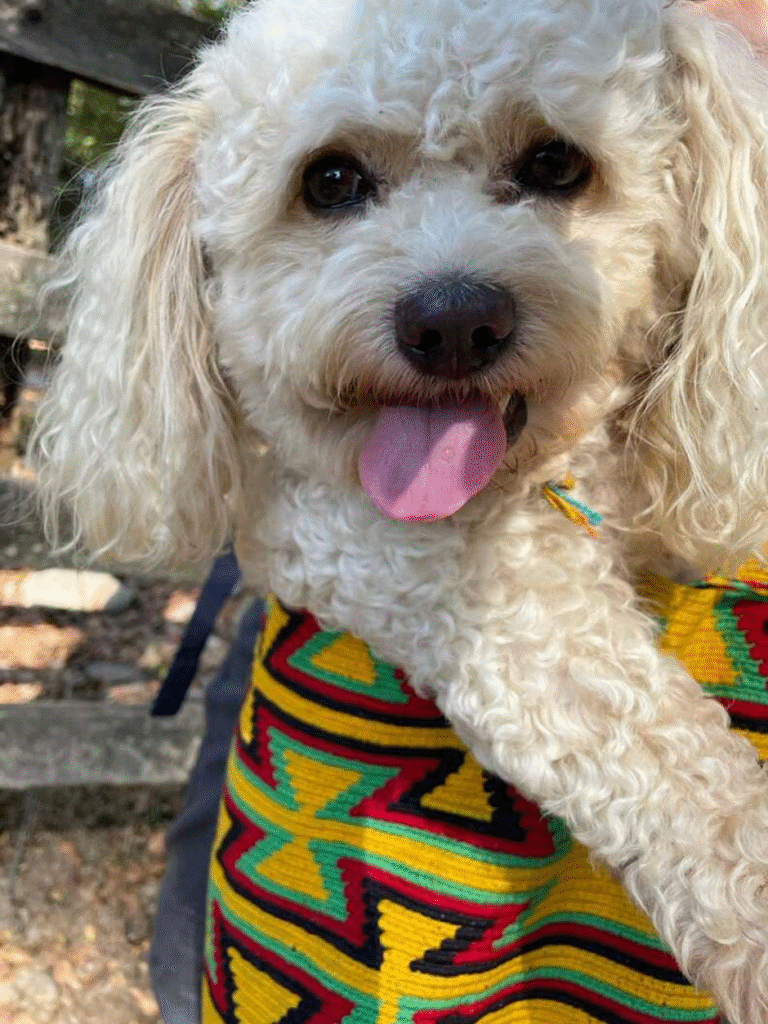
Clara got a sudden call for a two-week work trip and, after stressing over fancy dog boarding options, had to admit defeat: Gus was going to her parents’ house. The infamous “farm.” Clara still had vivid, slightly traumatic memories of that place—it was all rough wood, endless mud, and a general air of happy chaos. She genuinely worried her polished dog would have a breakdown.
The four-hour drive was intense. Gus, who much preferred a short, predictable block walk, sat stiffly in his car harness. His nose was glued to the window, watching the familiar rush of skyscrapers and concrete gradually fade into forests and wide-open fields. He was used to the sharp, dry smells of city life and expensive dog shampoo. The heavy, earthy smell of the country—damp leaves, old hay, and a distinct whiff of barn—made him nervously twitch his nose.
They arrived late in the afternoon at the rambling, slightly crooked farmhouse. It looked like the kind of place that had been added onto over several generations. Clara’s parents, Grandma Betty and Grandpa Hank, exploded out the front door in a welcoming rush of well-worn jeans and big, genuine hugs. There was none of Clara’s polite city formality. Hank just roared with laughter and immediately leaned down.
“Well now, look at this handsome city slicker!” Hank didn’t even think about asking permission; he just reached out and stroked Gus’s head with a hand that smelled wonderfully of old leather and freshly cut wood. Gus froze. He wasn’t used to this easy, casual intimacy. He was confused about how to behave when the rules were clearly invisible.
After Clara gave a teary goodbye, reminding them about Gus’s hypoallergenic snacks and his need for a clean, timed bathroom break, the real country education began.
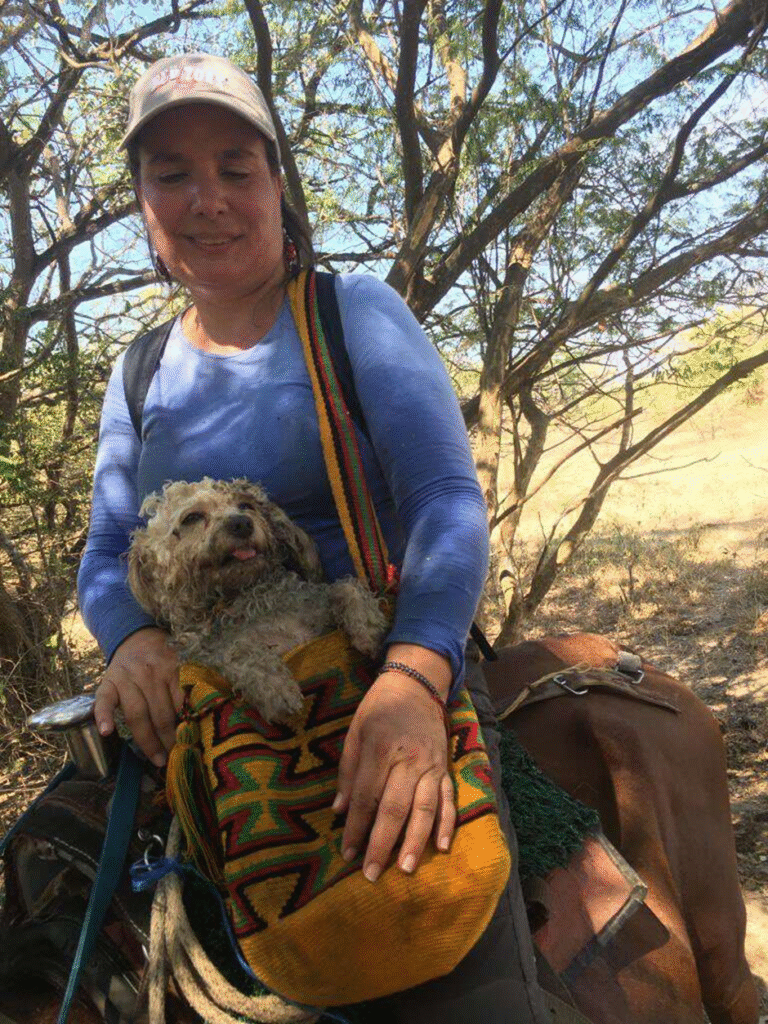
For the first day, Gus stuck to his rigid city habits. He navigated the farmhouse’s worn wooden floors and patchy rugs like they were obstacle courses, carefully avoiding dusty patches and the fascinating, slightly terrifying scent trails that hinted at small, fast creatures living in the walls. He’d stand at the back screen door, just watching the outside world—a dizzying expanse of tall weeds, thick bushes, and a thousand different sounds. The constant chirping of bugs, the lowing of cows way off in the distance, and the relentless rustling of the wind were pure sensory overload.
Grandpa Hank was sitting on the porch swing, sipping coffee, just watching the dog. “He’s waiting for someone to tell him what to do, Bet,” he told his wife. “He’s waiting for the sidewalk to point the way.”
The big moment came that evening. Their resident terrier, a scruffy, fearless blur named Zip, suddenly shot out from under the porch and, without any introduction, shoved a massive, slobbery tennis ball right under Gus’s chin.
Gus looked at the ball. He looked at the crazy little dog. He looked at the vast, wild lawn. This wasn’t a contained dog park. This was chaos, and the rules of fetch were clearly up for immediate re-negotiation.
Zip barked—a challenging, joyful demand—and disappeared into the tall, overgrown grass.
Something deep inside Gus, something buried by months of structure and polish, finally gave way. He didn’t think about his perfect paws or his flawless coat. He only thought about the chase. He launched himself off the porch like a rocket.
The feeling of the bumpy, uneven earth speeding beneath his paws was totally exhilarating. It wasn’t the flat, predictable concrete; it was soft, thick grass that pulled and tugged at his foot pads. He ran until his lungs were burning, and his once-gleaming coat instantly became streaked with green grass stains and brown earth. He slammed happily into Zip near the old lilac bushes, and they tumbled into a crazy, rolling heap of fur and laughter.
When he finally scrambled free, Gus was a sight. His flawless fur was spiked with dew and flecks of mud. He was panting hard, and his big tail was wagging with an uncontrolled, powerful energy. His eyes, which had always been so politely observant, were now bright with a pure, simple, dog joy.
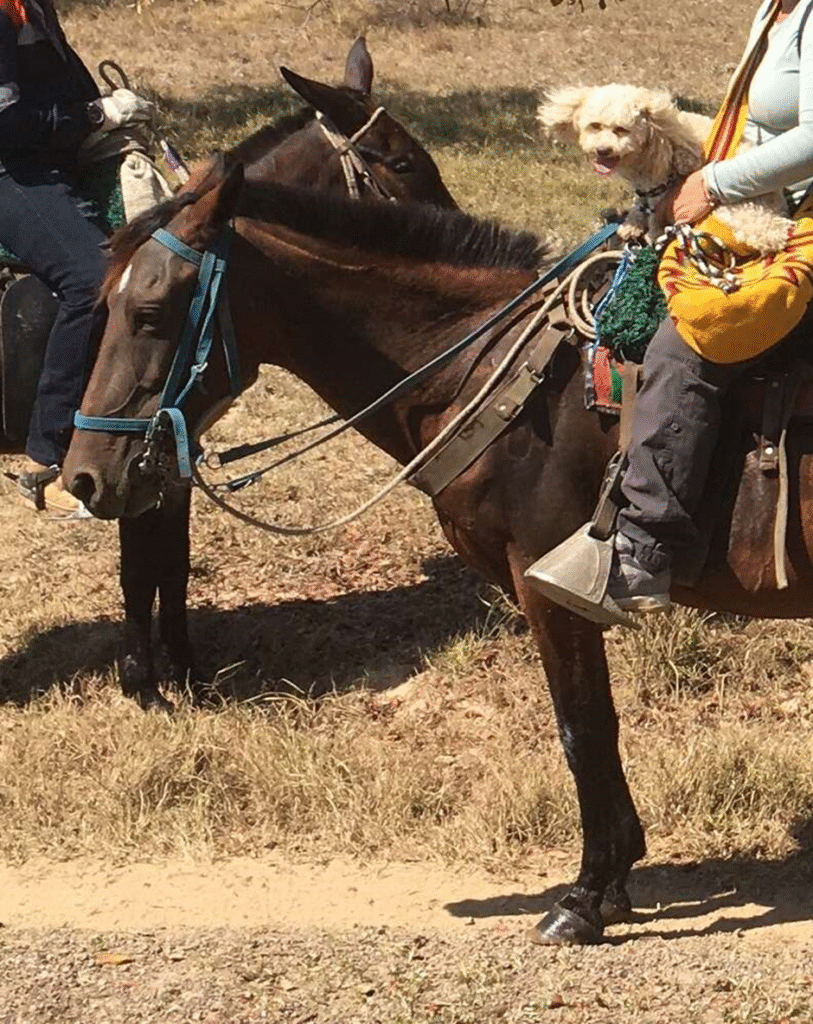
Over the next two weeks, Gus truly found himself. He stopped walking delicately and started galloping. He stopped just sniffing the air and started following the scents, dragging Grandpa Hank across the huge property.
The moment he truly became a country dog was at the muddy patch down by the creek. It was a glorious, sludgy, chocolate-brown hole that the tractor had churned up. Zip went in first, coming out looking like a small, excited mud monster. Gus paused for maybe half a second. Then, with a happy sound that was almost a sigh, he plunged in.
He didn’t just walk through it; he surrendered to it. He rolled, he thrashed, he dug his massive paws into the cool, rich earth, flinging wet clods of mud into the air. His golden coat completely vanished under a thick layer of wet, satisfying clay. He shook his whole body violently, sending a spray of brown water high above his head, and for the first time in his life, he let out a loud, totally unreserved bark that meant only one thing: I am happy.
Grandma Betty watched from the porch, just smiling. “He’s got his soul back, Hank,” she murmured. “That’s the dog Clara was too busy polishing.”
Gus’s whole attitude shifted. The worried tension in his shoulders vanished. His ears weren’t politely tucked back; they flopped freely when he ran. His muzzle, which had always been held so neatly, was now wide open, perpetually fixed in a joyous, muddy grin. He looked less like a fancy dog from a magazine and more like an absolutely happy, slightly messy miracle.
When Clara finally returned, she pulled up to the farmhouse and actually gasped. The creature that bounded off the porch to greet her was a stranger. He was broader, chunkier, and his coat wasn’t a pristine shine; it was a textured mess of dust, twigs, and happy grime. He didn’t sit politely at the curb; he launched himself at her, tackling her in a hug that was sincere, overwhelming, and thoroughly muddy.
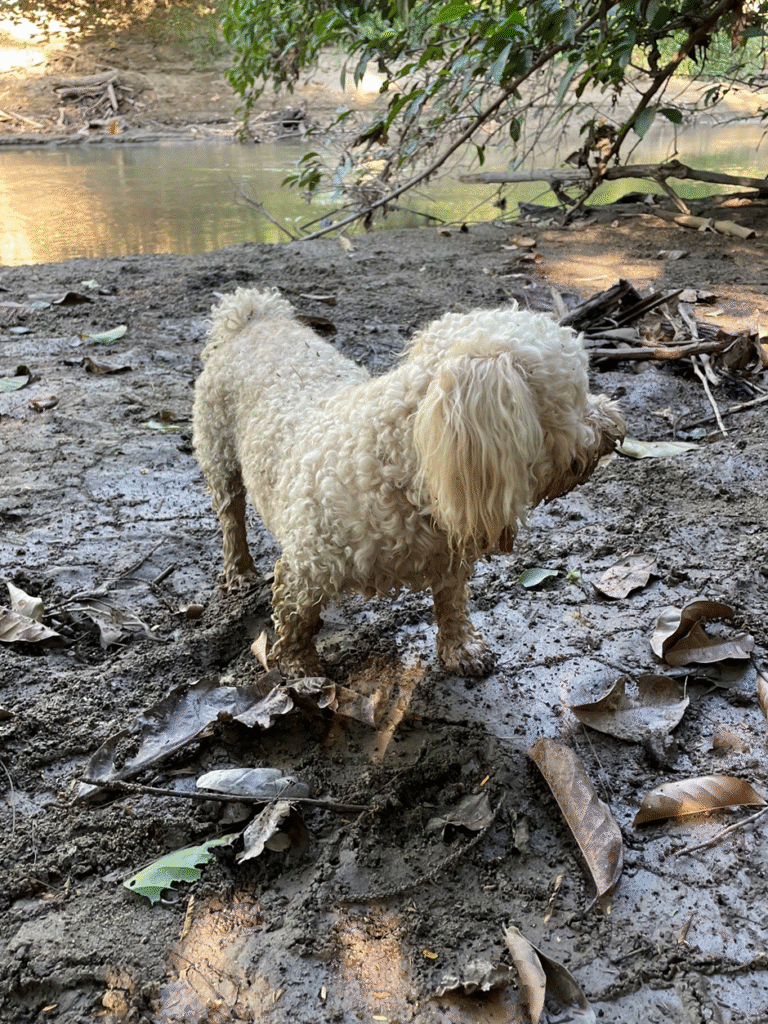
Clara knelt down, wiping a smear of mud from his cheek. She looked into his eyes, and the change was profound. The nervousness and boredom were gone. The good dog was still in there, but now he was layered with confidence, a sense of humor, and a deep, satisfied, country-style exhaustion. This was the Gus she never knew existed—a dog who knew the smell of the forest, the joy of a good roll in the dirt, and the exhilarating freedom of being perfectly, wonderfully messy.
She looked at her parents, who just gave her those classic knowing “grandparent” smiles. “I think,” Grandpa Hank said, pulling a stick out of Gus’s tail, “we forgot to use his special fancy brush.”
Clara laughed—a genuine, loud sound that echoed her dog’s own country bark. She realized her city life had made Gus good, but her parents’ country life had made him happy. As they drove back, Gus didn’t press his nose against the window in anxiety. He slept, deeply, his breathing heavy and slow, dreaming of wide-open spaces, a city dog forever changed by the simple, beautiful, messy miracle of his grandparents’ country home.
